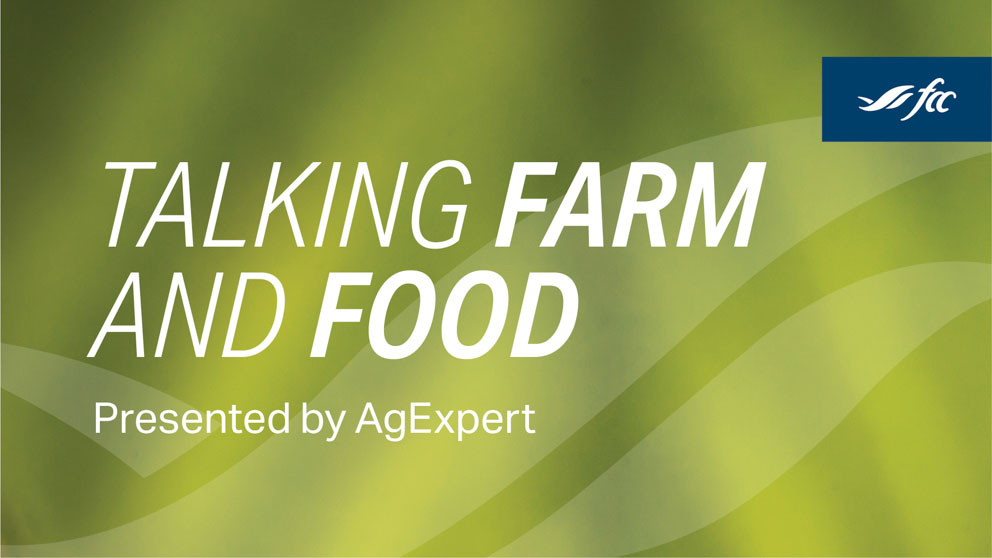What to consider before you stop farming

One of the hardest questions to answer in farming is when to quit.
The right time varies from producer to producer. FCC agriculture transition specialist Dean Lewko has dealt with farmers who retired in their 50s and who wished they’d done it sooner; others, in their 80s, regretted they hadn’t kept going.
What makes the “when” much harder to answer compared to other sectors is that farmers — for the most part — enjoy what they do, which helps explain their high median age (55, according to the 2016 census).
Also, farming is an asset-rich business, and with every passing year that you pay off debt and your asset values appreciate, you’re better off than you were the previous year.
“Because of this, the ‘when’ is not until you physically or emotionally are ready,” Lewko says. “For the average farm that is profitable, the answer from a financial perspective would be to farm as long as you possibly can.”
Land
The next biggest consideration is how you’ll manage your land base.
When there’s no successor to take over, keeping land to rent out can be a good investment, Lewko says.
“Not only has it appreciated, and the rental income has increased, but there are a number of tax benefits for qualified farmland and the ability to transfer it to the next generations,” he says.
Lewko adds that when land is held by a corporation, there’s a very good chance the rent will be taxed at a high rate if the corporation is no longer actively farming.
Plans
“In all cases you should have a detailed plan in place with your accountant about the impacts of renting or selling your land,” Lewko says.
Every business owner should have an exit strategy.
Every business owner should have an exit strategy that looks at least five years into the future, he adds. While some can do all the required planning in a year, most need a strategic plan generated over a lifetime of farming.
“Five years ahead would be a bare minimum, but you are way better off having a living plan that can be adjusted,” Lewko says.
Roadmap to retirement
FCC offers a pre-retirement checklist:
Three to five years prior to retirement (the earlier, the better): start to consider your retirement lifestyle, build a budget and estimate how much money you’ll need, and review your potential sources of income.
One year prior: revisit and refine your retirement budget.
Six months prior: apply for applicable government pension benefits (Canada Pension Plan, Quebec Pension Plan, Old Age Security), make or update your will, update your beneficiaries, and arrange for a power of attorney.
Check out the Tales From Transition podcasts to hear success stories told from junior and senior partner perspectives.
From an AgriSuccess article by Richard Kamchen.

In this episode, Marty and dairy farmer Ashley Brown talk technology, risk mitigation, diversification, keeping the family legacy and falling in love with her “girls."

